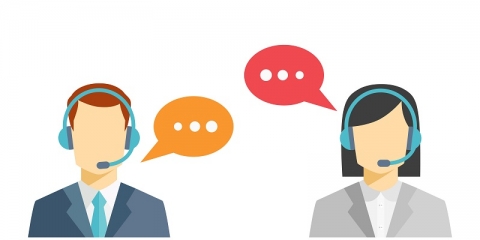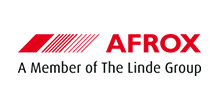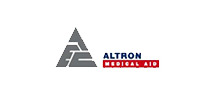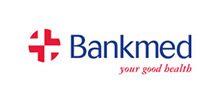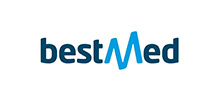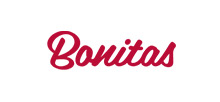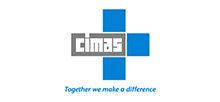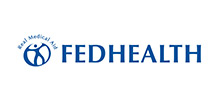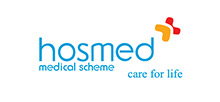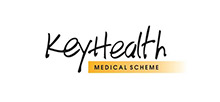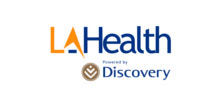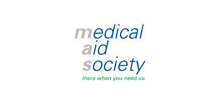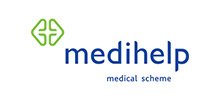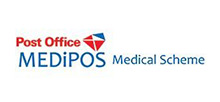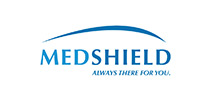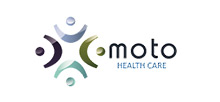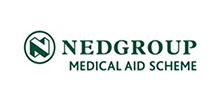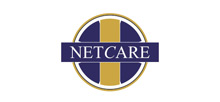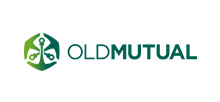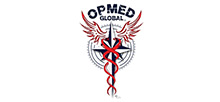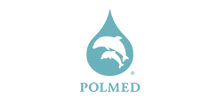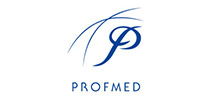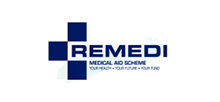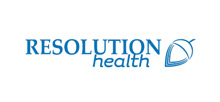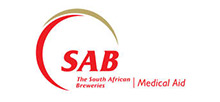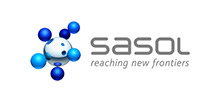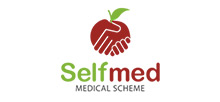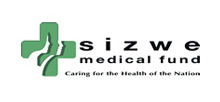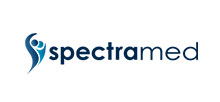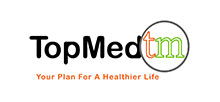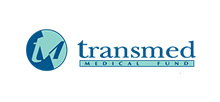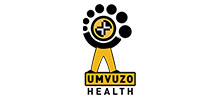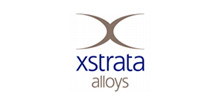Addiction rehabilitation doesn’t only treat the physical effects that drugs or alcohol causes, but also the mental or psychological factors that contribute and fuel the issue.
Treating the psychological impact of a drug or alcohol addiction is just as important as beating the physical symptoms, as it’s often mental effects such as cravings that cause relapses once treatment has been completed.
In this article, we’ll discuss the benefits of addiction counselling and how you can get help for yourself or a loved one.
What are the Advantages of Professional Addiction Counselling?
Addiction counselling provides various advantages for those looking to recover from an alcohol or drug problem. Here are 3:
- It gives those addicted to drugs or alcohol the opportunity to freely speak with someone who they can trust about their addiction recovery efforts.
- It provides addicts with much needed support during the rehabilitation period, which can be very challenging. It also gives them the opportunity to interact with people in similar positions as themselves.
- Addiction counselling helps teach addicts the necessary skills to help them achieve long-term sobriety. These skills include learning to eat properly and exercising regularly.
Addiction Counselling Methods
Primarily, there are 3 types of addiction counselling methods that may be used in drug or alcohol rehabilitation in hours in after hours depending on the relationship.
- Individual Counselling: A private session between the patient and the addiction counsellor, where the therapist will delve into and try to understand the persons personal history in order to find the reason why he or she began using drugs or alcohol in the first place. Once the cause has been found, the individual will be taught how to resolve this issue and also, how to avoid a similar situation in the future.
- Group Meetings: Some addicts might find this type of counselling daunting at first, as they may feel scared to open up about their addiction to others. This is why online addiction counselling has become so popular in that the person never needs to meet the counsellor in person to start getting treatment. However, once this fear has been beaten, it helps addicts achieve important goals that are crucial in recovery.
- Family Therapy: When someone is addicted to drugs or alcohol, it’s often the people closest to them that suffer the most. This form of counselling gives families the opportunity to rebuild any bridges that were broken and it also improves the addict’s chances of recovery.
Primary care alcohol and drug rehabilitation centres provide treatment care to the person round the clock in a 24h facility. All centres should include group and individual guidance, behaviour therapies, relapse prevention and strategic lectures aimed at dealing with cravings and ongoing sobriety.
How long is the Addiction Counselling Process?
The time frame of any addiction counselling process is entirely dependent on the nature and severity of the problem suffered or on the treatment program assignment by the drug or alcohol rehabilitation centre.
However, patients are generally required to remain in treatment for a minimum of 4 weeks. If you or your loved one is addicted to drugs or alcohol, then it’s important to get professional help immediately. Addiction counsellors can provide insights that are often overlooked in the process of dealing with addiction and provide the impartial sounding board that will enable the required breakthroughs before addicts and alcoholics hit rock bottom.
South Africa’s Top Medical Aid Providers
Alcohol and drug addiction counselling is one of the most effective means of dealing with the underlying issues that drive addiction.
While many addiction recovery services and community groups exist for free in the format of anonymous groups and government-sponsored treatments and initiatives. Professional addiction counsellors provide the one on one treatment and psychological guidance that enables a faster and more manageable treatment of personal addiction issues.
Professional addiction counselling often comes at a cost per hour in a treatment routine that involves daily / weekly or monthly “sessions” with the professional counsellor to establish the causes and underlying causes of the addiction.
Substance use issues including alcohol is treated as a secondary symptom in professional addiction counselling and the primary driver of the addiction while regarded as a “disease” and medically diagnosed as such, can in most cases be bundled into the following categories of psychological treatment.
- Unresolved Trauma still affecting the functionality
- Dysfunctional coping systems
- An untrue belief system about self
- Chemical imbalances
Once the driver is identified addiction counsellors are able to unpack the treatment routine and modal required to help people deal with their personality disorder.
Very often addictions isolate addicts from friends and family and cause a broad variety of social disparities that further need to be addressed in more group orientated activities. 12 Step models do very well to enable community/family/society re-connections and help maintain the recovery based lifestyle and attitude adjustments required to maintain sobriety on a long term basis or in the absence of professional addiction counselling support.

